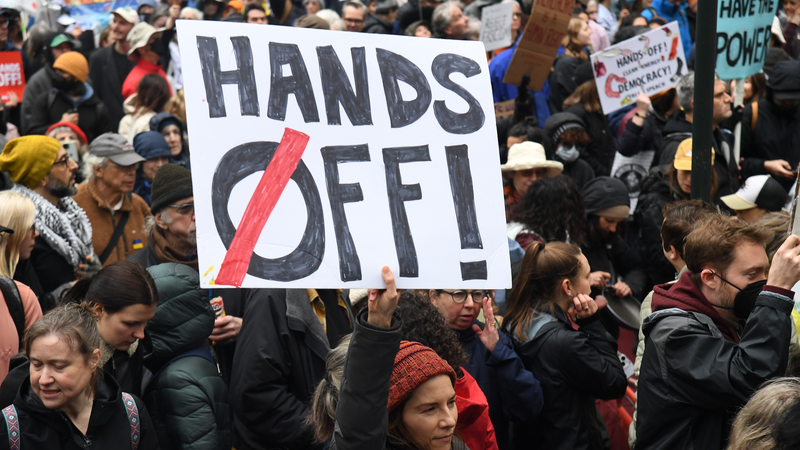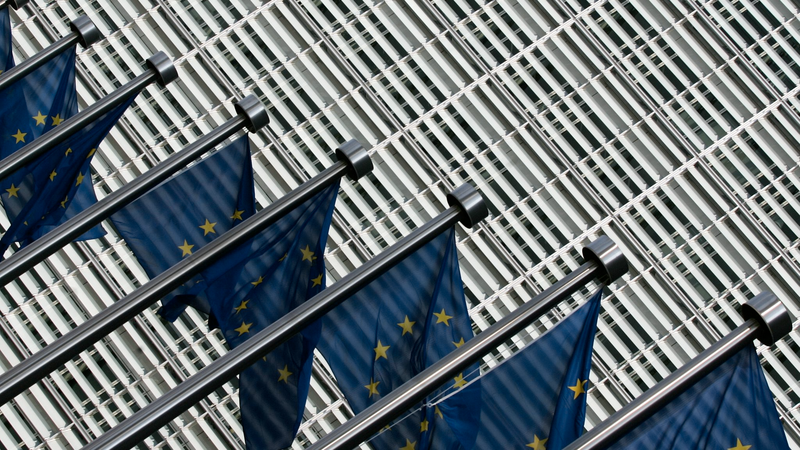U.S. President Donald Trump’s decision to impose heavy tariffs on nearly all imports has ignited a fierce debate both at home and on the international stage. Recent surveys reveal that 54% of Americans oppose these tariffs, while 52% believe the American economy is on a downturn despite efforts to revive domestic manufacturing.
The new measures include a 10% baseline levy on all imports, with rates climbing as high as 49% for targeted economies like the Chinese mainland and Vietnam. Global financial markets have been unsettled by these moves, and major Western European nations such as Denmark, France, Germany, Italy, Spain, Sweden, and the United Kingdom have shown strong public support for tit-for-tat responses.
A Reuters/Ipsos survey found that 73% of Americans are concerned about rising prices, with many expecting increased costs for personal electronics and home repairs over the coming months. This domestic apprehension is compounded by international sentiment; a poll in Brazil revealed that unfavorable views of President Trump’s economic strategy have surged significantly since March 2024.
While the tariffs are intended to bolster American industry, the backlash at home and abroad underscores the intricate nature of global trade. For young global citizens, business innovators, and cultural influencers, these developments offer important insights into how interconnected policies impact economies worldwide.
Reference(s):
Trump's tariffs draw fire at home and abroad amid economic fears
cgtn.com




